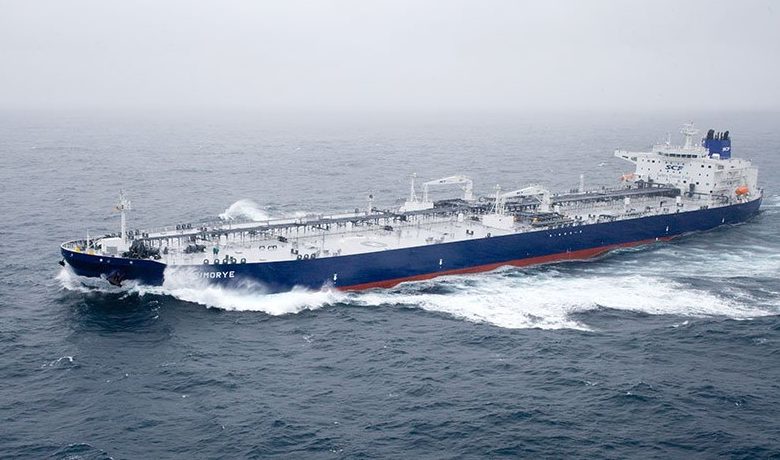
The oil price cap policy is cutting Russia’s revenue, a senior official at the US Treasury has maintained.
Speaking at the Center for a New American Security (CNAS), Wally Adeyemo, deputy secretary of the treasury, said yesterday: “In just six months, the price cap has contributed to a significant decline in Russian revenue at a key juncture in the war. Now, Russia is considering a desperate series of changes to its tax policy that would institutionalise the deepening discount on Russian oil.”
In December the price cap coalition—the G7, EU, and Australia—set a limit on the price Russia can charge for its crude oil if it is traded using services from a coalition country—that is, if a shipment of Russian crude is sold with insurance or shipping from a coalition country, it cannot be sold for more than $60.
Adeyemo hailed the price cap as a success, claiming Russian government oil revenues in the first five months of 2023 were down nearly 50% from a year prior. This decline in oil revenue has occurred despite the fact that Russia is exporting more crude oil today than it did at the onset of the war. Despite higher exports, Russia is making less money because its oil now trades at a discount of 25% relative to other global oil, Adeyemo explained.
Russia is reportedly pursuing changes to the way it taxes oil to respond to the divergence between Russian oil and the global market price.
Instead of continuing to tax Russian oil sales based on the market price of Russia’s dominant blend of oil—Urals—the changes the Kremlin has proposed would calculate taxes by assuming a price that is a fixed significant discount to Brent, the global benchmark. Under this approach, Russian oil firms would see their taxes go up, even as the price cap continues to drive their actual revenues down.
“When it comes to the price cap, either Russia continues to accept the steep discount that our actions have imposed on their energy exports, or they institutionalise it themselves with these changes to their tax regime,” Adeyemo said.
The treasury official then discussed the huge outlay Moscow has had to fund in order to get its cargoes shipped.
“The Kremlin is also investing in building its own seaborn oil ecosystem in order to ship oil without using western services,” Adeyemo said, citing the Russian central bank’s decision to guarantee about $9bn in a reinsurance scheme intended to replace western reinsurance as an example.
While Russia was still finding ways to skirt around the price cap, Adeyemo said the US and allies had exerted pressure on insurers and ship registries to ditch companies that ship oil which breaks the price cap rules.
The leaders of the Group of Seven nations vowed last month to crack down on parties evading the price cap system put in place on Russian oil, with the US following the UK in introducing further sanctions, many aimed at Russian-linked shipping entities.
Meanwhile, the negotiations for the EU’s next round of sanction on Russia have reportedly been intense and relatively fractious.
Brokers BRS suggested this week that stricter rules on ship-to-ship transfers of Russian oil in EU waters are being discussed as well as EU bans on ships which switch off their automatic identification systems.
